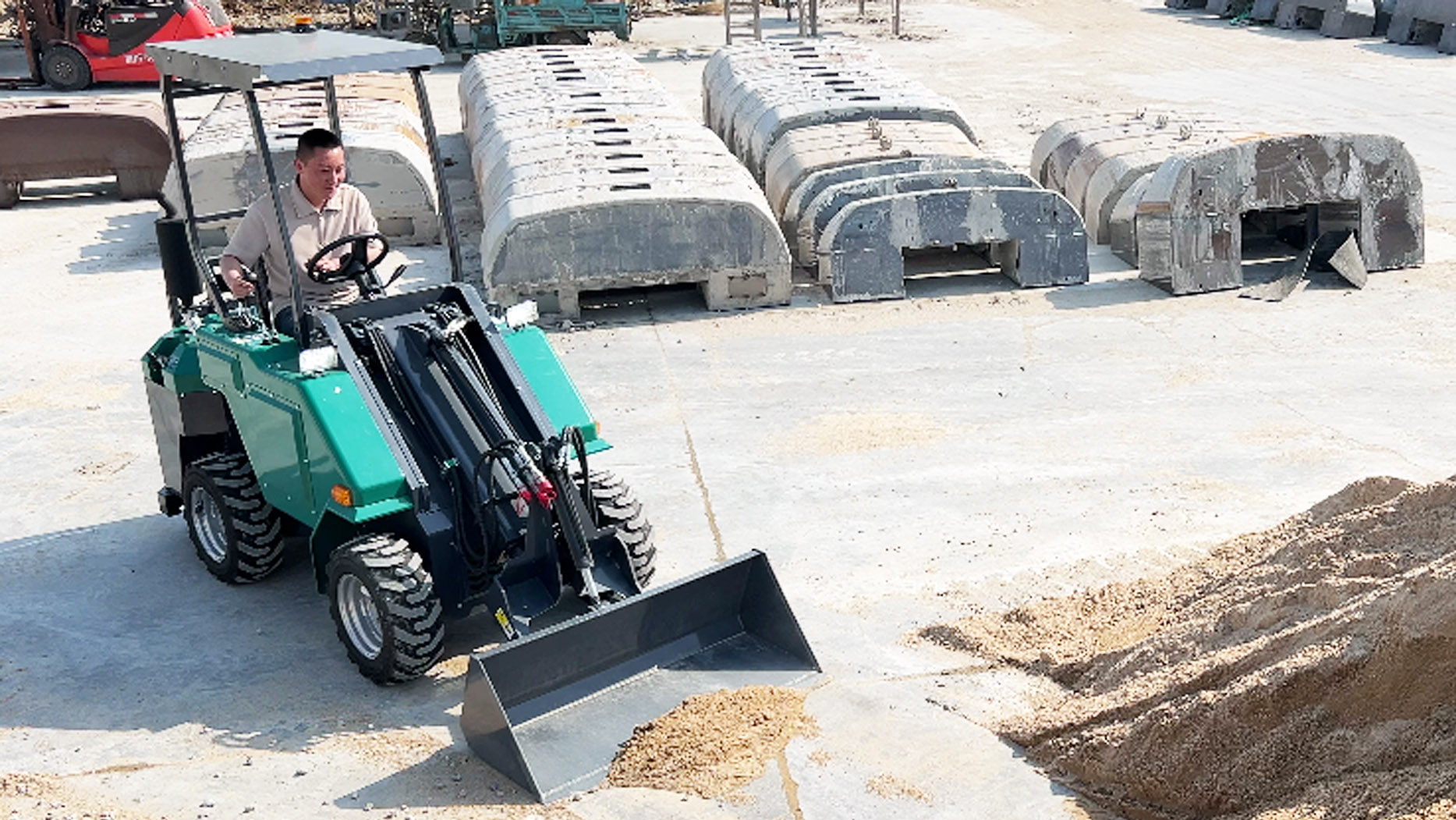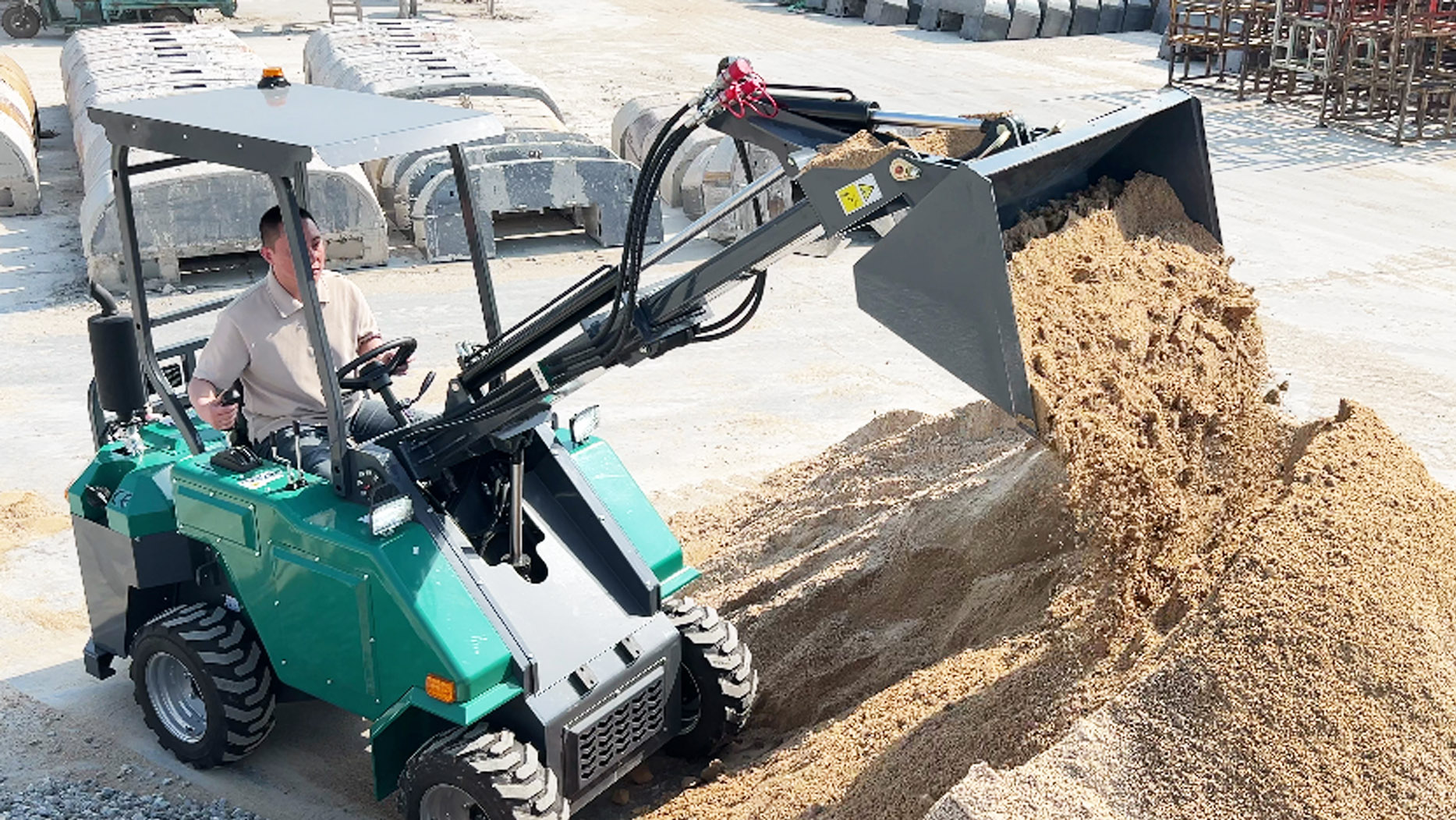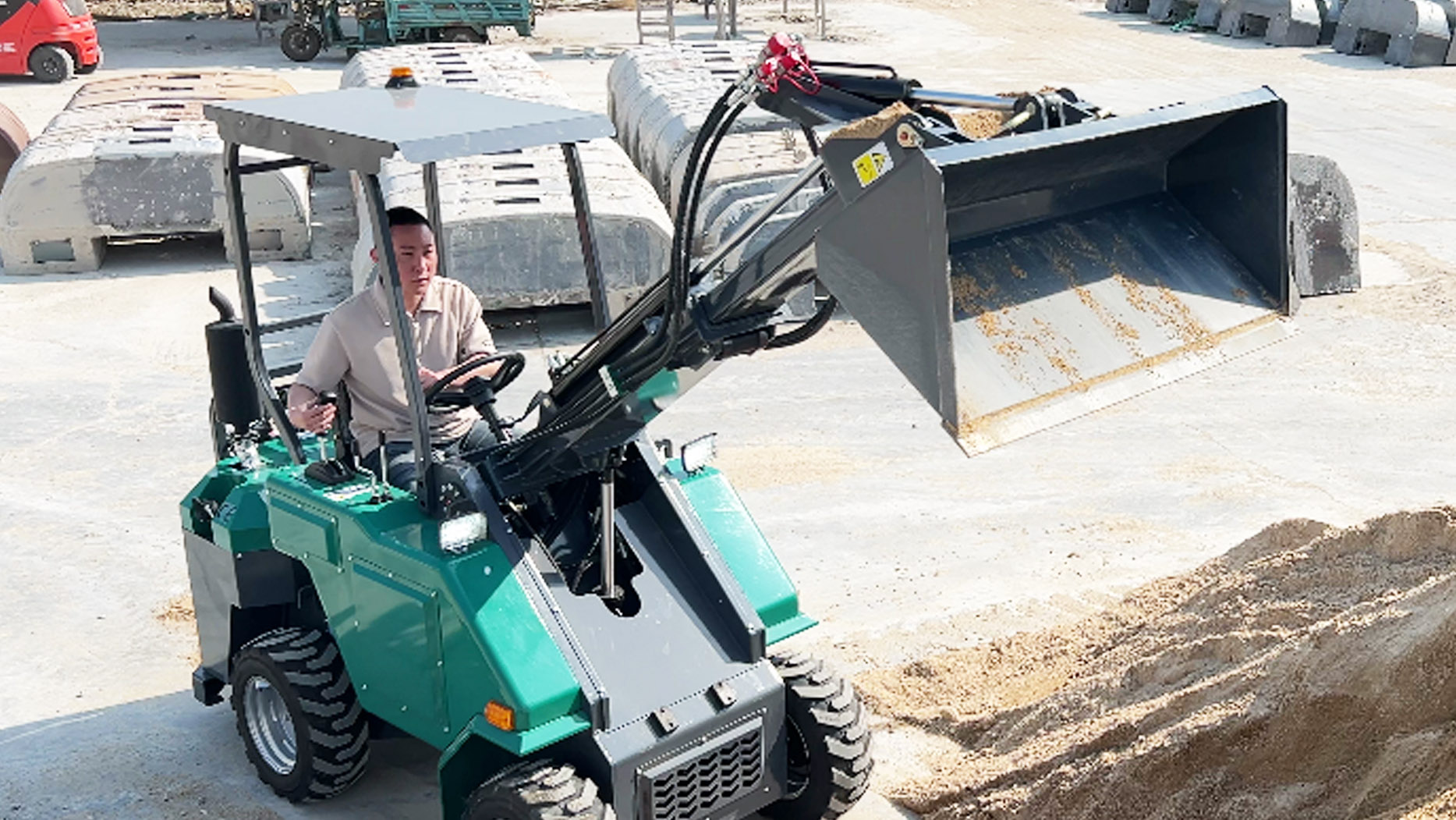I. Introduction
In the dynamic and ever-evolving construction, agricultural, and landscaping industries, the need for heavy equipment is undeniable. However, purchasing such machines often requires a significant upfront investment, extensive maintenance, and long-term storage costs. As a result, many businesses and contractors opt to rent heavy equipment instead of owning it. Renting provides a cost-effective, flexible, and efficient alternative, allowing businesses to access the tools they need without the financial burden of ownership.
This article aims to guide readers in locating reliable sources for heavy equipment rental in the USA. It will highlight the benefits of renting, outline the various types of heavy equipment available, and identify the best rental companies, online platforms, and other considerations for making the right rental decision.
II. Benefits of Renting Heavy Equipment
Renting heavy equipment offers several key advantages for businesses and contractors. These benefits help ensure that companies can stay competitive, manage project costs efficiently, and scale their operations as needed.
1. Cost-Effectiveness
Renting heavy equipment eliminates the substantial upfront costs associated with purchasing machinery. Instead of committing to a significant capital expenditure, businesses can rent equipment as needed, paying only for the duration of use. This can be particularly beneficial for short-term projects or those requiring specialized equipment that would not be used frequently. Additionally, renting avoids ongoing expenses such as insurance, maintenance, storage, and repair costs that come with owning equipment.
2. Access to the Latest Models and Technology
The rental industry is always up to date with the newest models of heavy equipment. Renting allows businesses to use the latest machinery with improved technology, better fuel efficiency, and enhanced safety features without the need for constant upgrades. This ensures that projects are completed efficiently with the most advanced tools available.
3. Flexibility
Renting provides flexibility when it comes to the scale and duration of equipment use. Contractors can rent equipment for a day, a week, or months, depending on project needs. This flexibility helps businesses manage cash flow by reducing the need for large capital expenditures, while also ensuring that they have the right equipment for each specific project.
4. Reduced Maintenance Burden
Rental companies typically handle maintenance, repairs, and inspections, meaning businesses don’t need to worry about upkeep or downtime. When renting, companies are generally assured that the equipment is in good working condition, as rental companies maintain their machines to meet safety and operational standards.
III. Types of Heavy Equipment Available for Rent
The heavy equipment rental market in the USA offers a wide variety of machines, catering to different industries and applications. Some of the most common types include:
Construction Equipment: Excavators, bulldozers, backhoes, loaders, cranes, etc., used for large-scale construction and earth-moving tasks.
Material Handling Equipment: Forklifts, telehandlers, pallet jacks, etc., used for moving heavy materials on job sites.
Earthmoving Equipment: Graders, skid steer loaders, trenchers, etc., used for leveling, grading, and trenching.
Agricultural Equipment: Tractors, combines, harvesters, etc., used for farming and large-scale agricultural operations.
Landscaping Equipment: Chippers, stump grinders, mowers, etc., used for maintaining and preparing land.
Specialty Equipment: Aerial lifts, generators, compressors, and other specialized tools required for niche tasks.
IV. Where to Find Heavy Equipment for Rental in the USA
When it comes to finding heavy equipment for rent, there are numerous options available across the USA, ranging from large national rental companies to local dealers and online platforms. Below are some of the top sources for heavy equipment rentals:
1. National Equipment Rental Companies
Large rental chains have locations across the USA and offer a wide range of equipment for various needs. These companies typically have vast inventories, competitive pricing, and reliable services.
United Rentals: One of the largest rental companies in the world, offering a wide range of construction, industrial, and specialized equipment. United Rentals provides nationwide coverage with flexible rental options.
Sunbelt Rentals: Known for its extensive fleet of machines and equipment, Sunbelt Rentals caters to both small and large-scale projects. They offer a variety of heavy equipment for construction, industrial, and environmental needs.
Hertz Equipment Rental: Hertz has a comprehensive catalog of construction, material handling, and earthmoving equipment available for short- and long-term rentals.
EquipmentShare: This tech-enabled equipment rental company offers a broad selection of heavy machinery with convenient online booking, including delivery and pick-up services.
2. Regional and Local Rental Services
Smaller, local rental businesses may offer a more personalized service and can be particularly useful for contractors who need specialized equipment or prefer to work with a local provider. Examples include:
RDO Equipment Co.: Primarily serving the Midwest, RDO provides rental equipment and parts for agriculture, construction, and landscaping industries.
Wagner Equipment Co.: Serving Colorado and New Mexico, Wagner offers rentals from top manufacturers like Caterpillar, ensuring high-quality machinery for any project.
3. Online Heavy Equipment Rental Platforms
There are a growing number of online platforms where users can compare rental prices, book equipment, and check availability from multiple rental companies.
BigRentz: An online platform that allows users to compare rates and find rental equipment for a variety of industries across the country.
Rent1: A straightforward site where businesses can rent a wide range of equipment for construction and industrial use.
EquipmentTrader and MachineryTrader: These platforms allow users to search for both new and used equipment for sale, but also offer rental options directly from equipment dealers.
4. Dealerships Offering Rental Options
Many large dealerships not only sell equipment but also offer rental services, often with specialized machines that are harder to find at general rental companies. Companies like Caterpillar, John Deere, and Komatsu typically have rental departments that cater to both short-term and long-term needs, especially for customers who need top-tier, brand-specific machines.
5. Construction and Industry-Specific Rental Services
Certain industries have rental companies dedicated to their specific needs. For example, land clearing, road construction, or temporary power services often require specialized equipment, which can be rented from companies that focus on these niches.
V. Factors to Consider When Renting Heavy Equipment
Before renting heavy equipment, several important factors must be considered to ensure the right choice for your project:
1. Project Requirements
Choosing the right equipment depends on the scale, scope, and specific tasks of the project. Consider factors like:
Terrain: Does the equipment need to operate on rough, soft, or hilly ground?
Size: Does the project require a large, powerful machine, or is a smaller, more maneuverable machine sufficient?
2. Rental Terms and Agreements
Carefully review the rental contract and terms, including:
Rental duration: Understand whether you are being charged daily, weekly, or monthly.
Insurance: Ensure that the equipment is adequately insured during the rental period.
Maintenance policies: Confirm whether you are responsible for maintenance during the rental or if the rental company covers it.
3. Equipment Availability and Condition
Ensure that the equipment you require is available for your project timeline. It is also important to inspect equipment before renting it to ensure it is in good working condition.
4. Cost and Budget
Rental costs can vary depending on the equipment type, rental duration, and provider. Always compare prices from multiple suppliers to ensure competitive pricing. Be aware of potential hidden fees, such as delivery, fuel, or maintenance charges.
VI. Renting vs. Buying: Which Option Is Better?
When deciding between renting and buying, consider the project’s duration and the frequency of equipment use. Renting makes sense for one-off projects, specialized needs, or tasks where you don't anticipate frequent equipment use. However, for long-term projects or regular equipment needs, purchasing might be a more cost-effective option in the long run.
VII. Tips for Successful Equipment Rental
Plan Ahead: Always book equipment in advance, especially during peak construction or agricultural seasons.
Inspect Equipment: Always perform a thorough inspection of the equipment upon delivery and before use.
Clear Communication: Ensure clear communication with rental companies regarding project timelines, delivery terms, and any special requests.
Return Equipment On Time: Avoid late fees by returning the equipment as agreed.
VIII. Conclusion
Renting heavy equipment in the USA offers several advantages, including cost savings, access to advanced technology, and flexibility for both large and small-scale projects. Whether you choose a national rental company, a local dealer, or an online platform, there are numerous options to meet the needs of your business. By considering the factors outlined in this article, you can make an informed decision and ensure the success of your project.
Post time:Apr.29.2025



